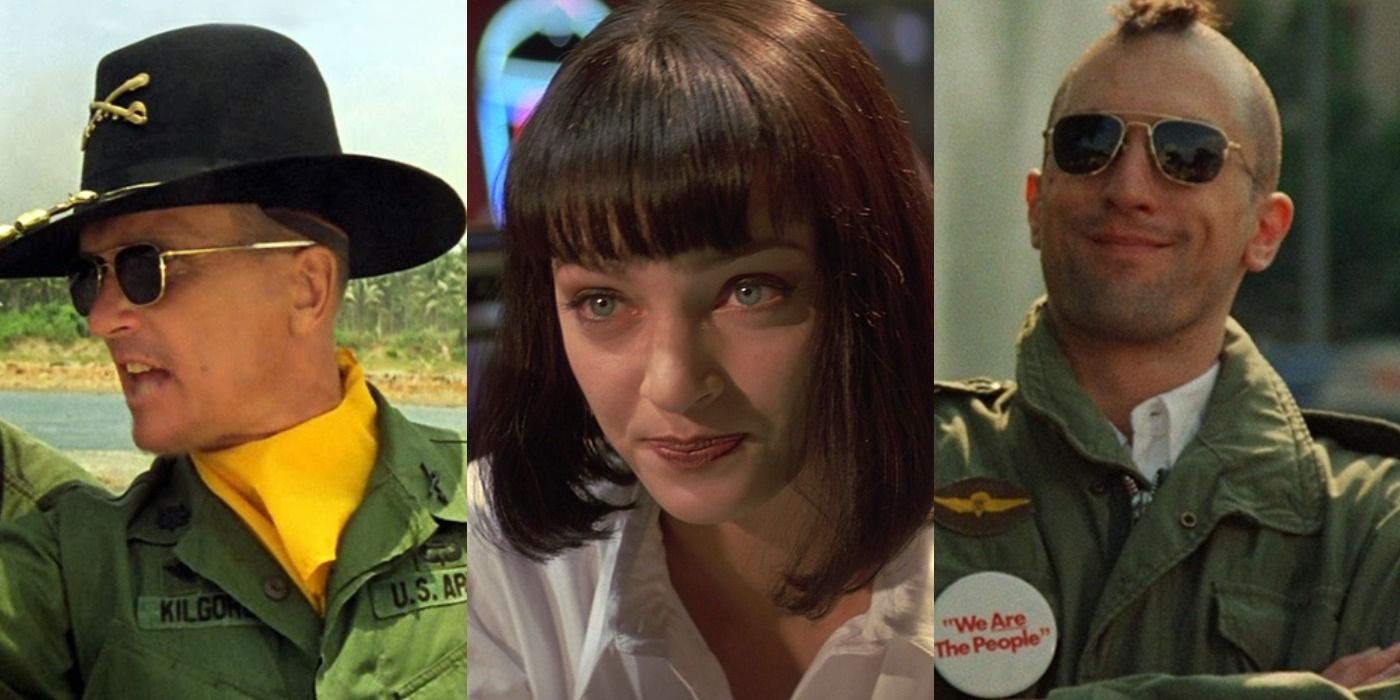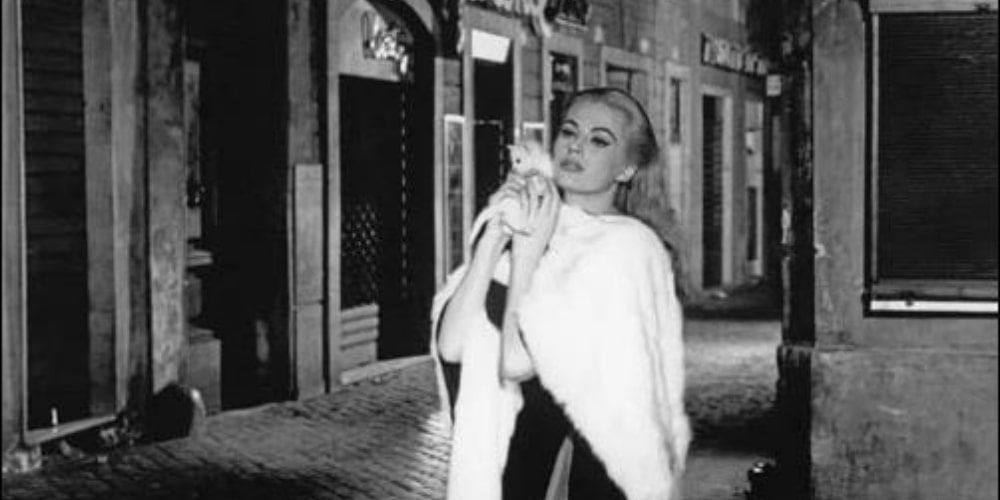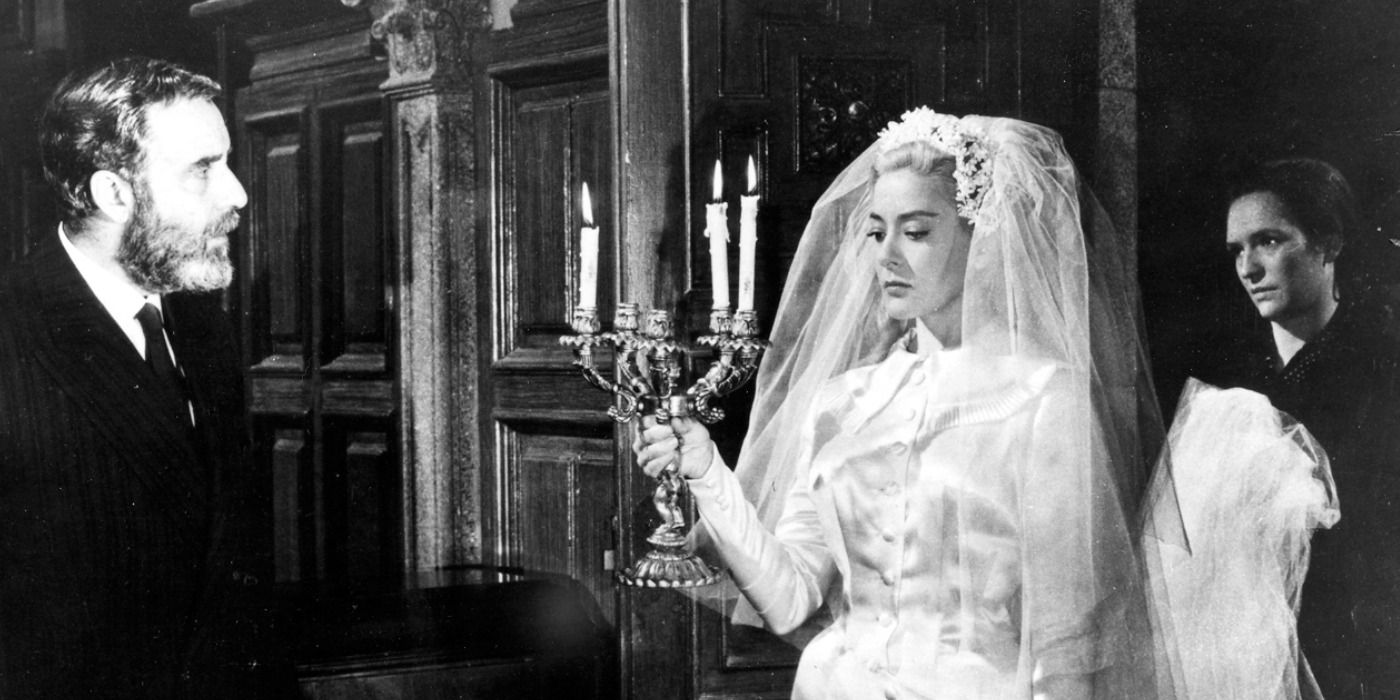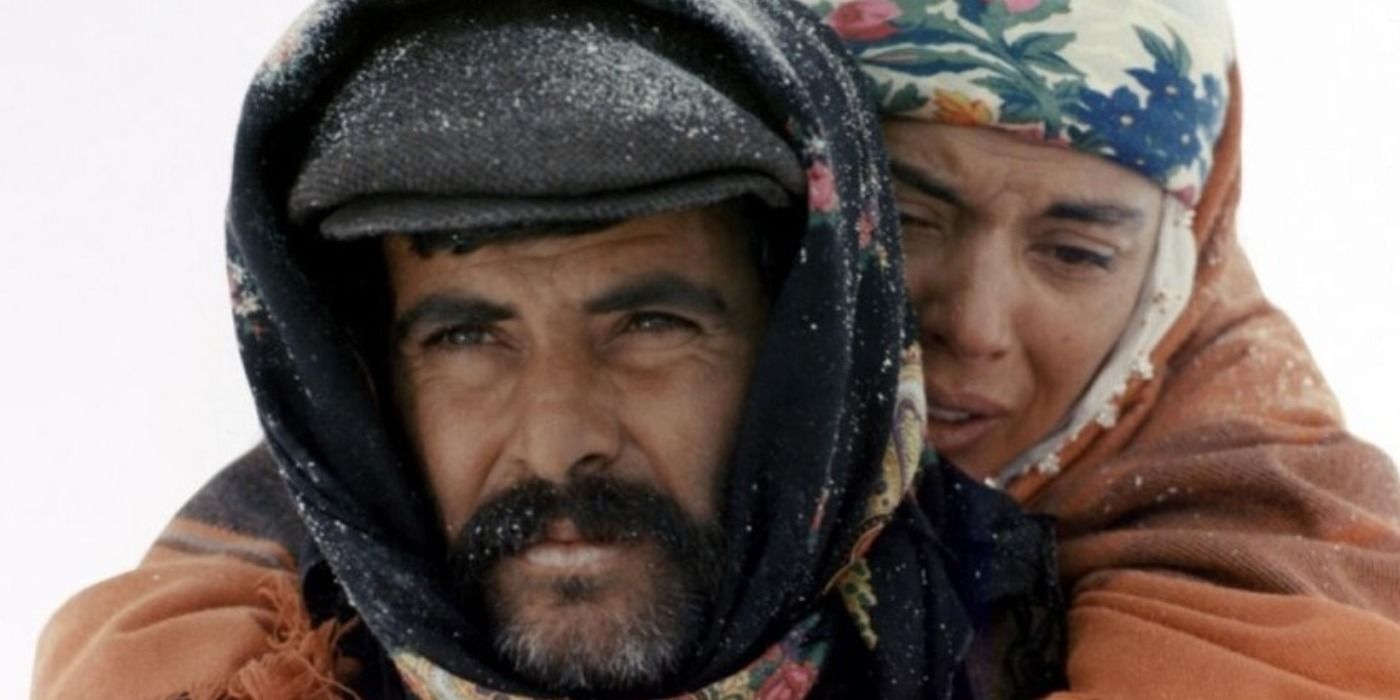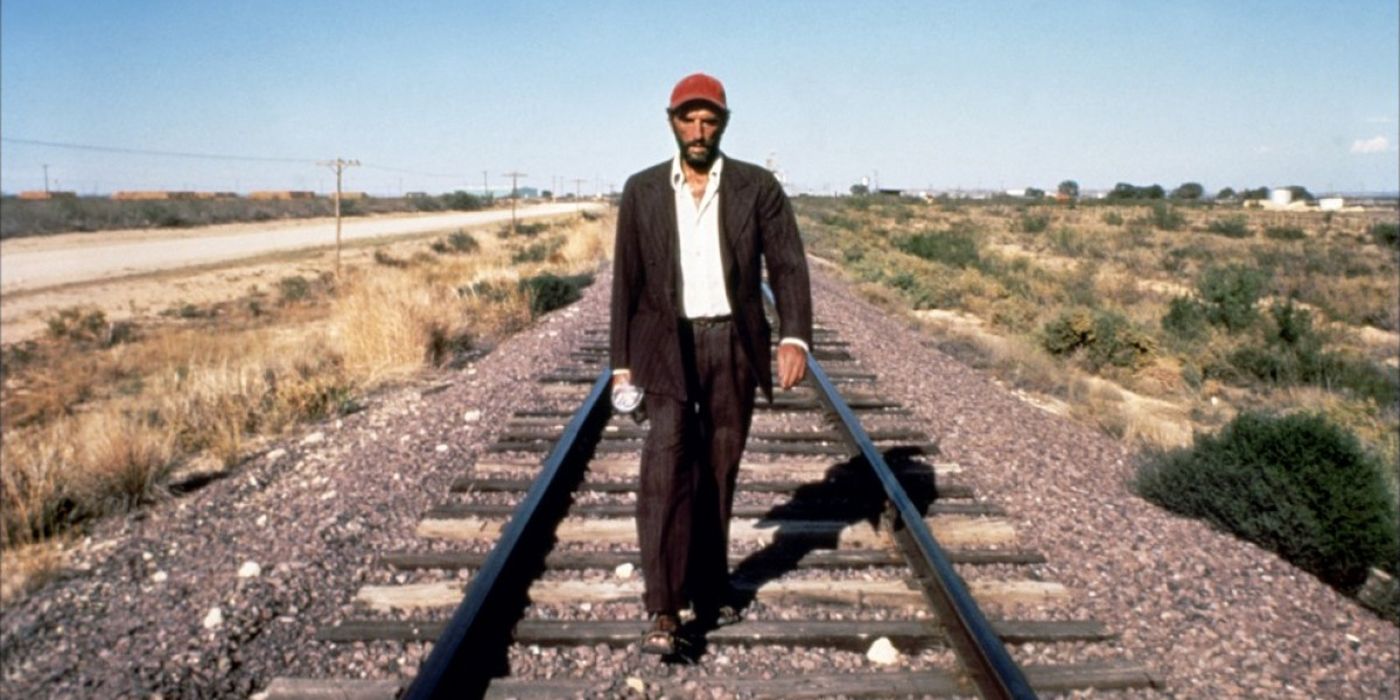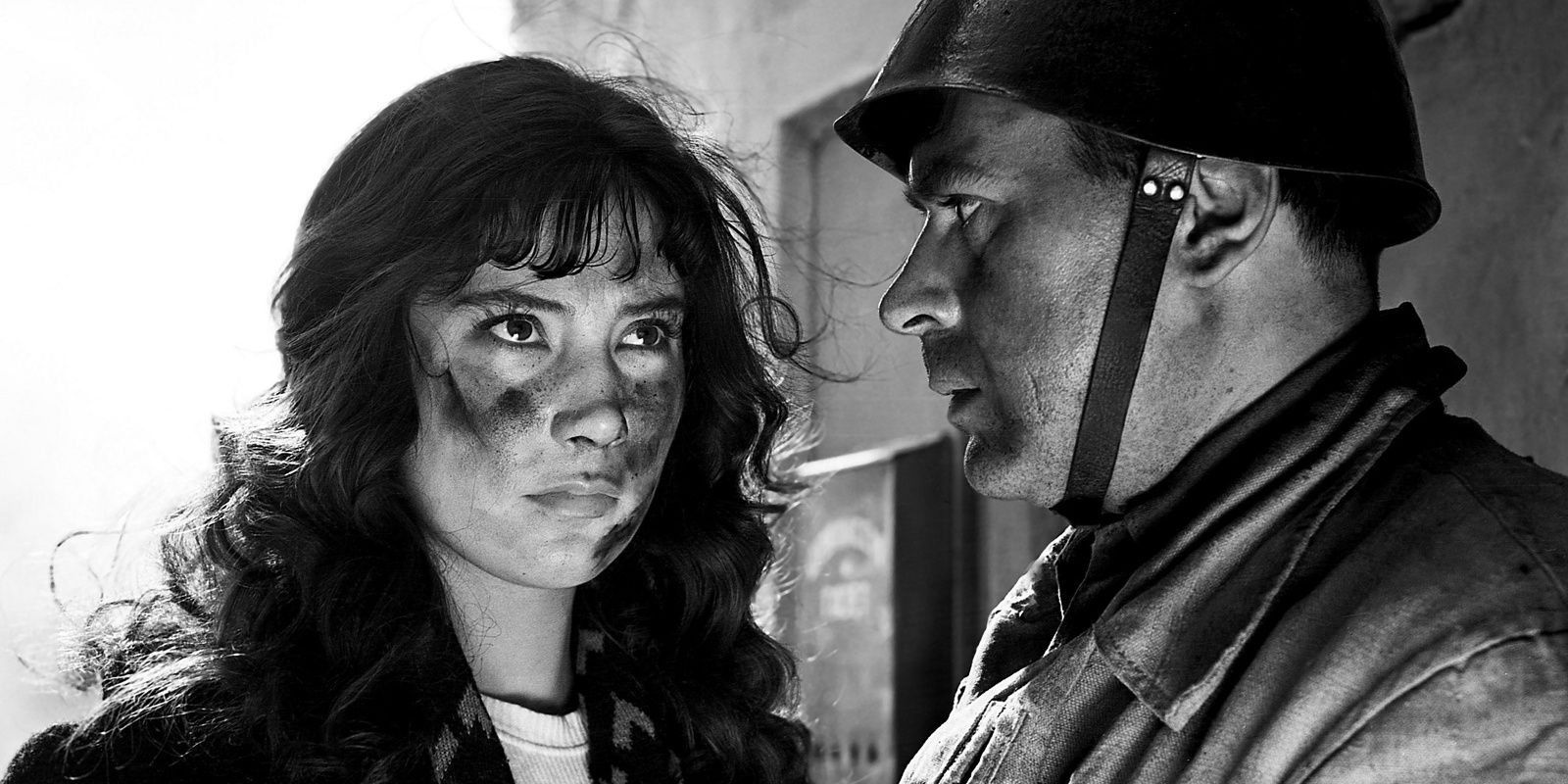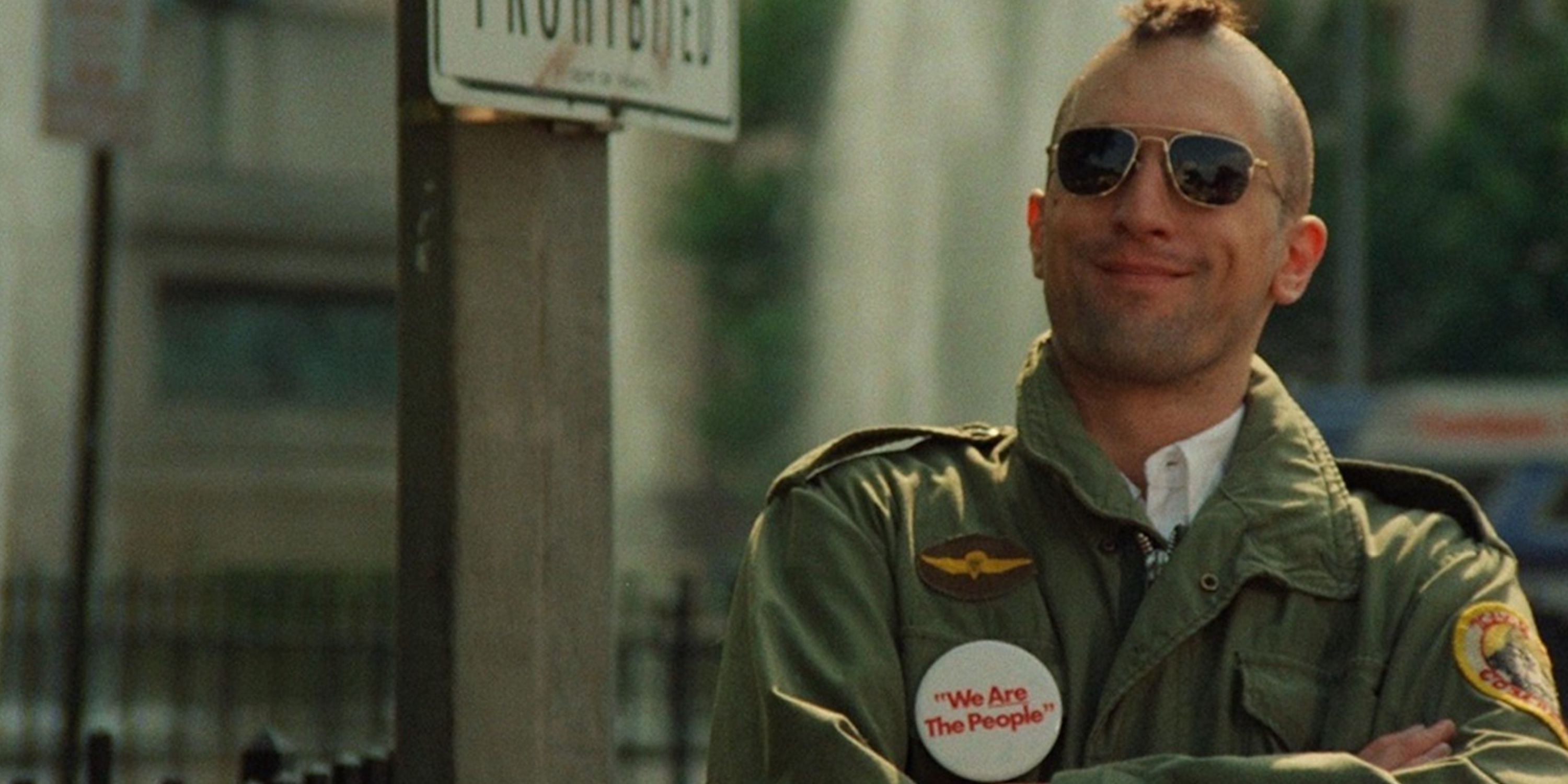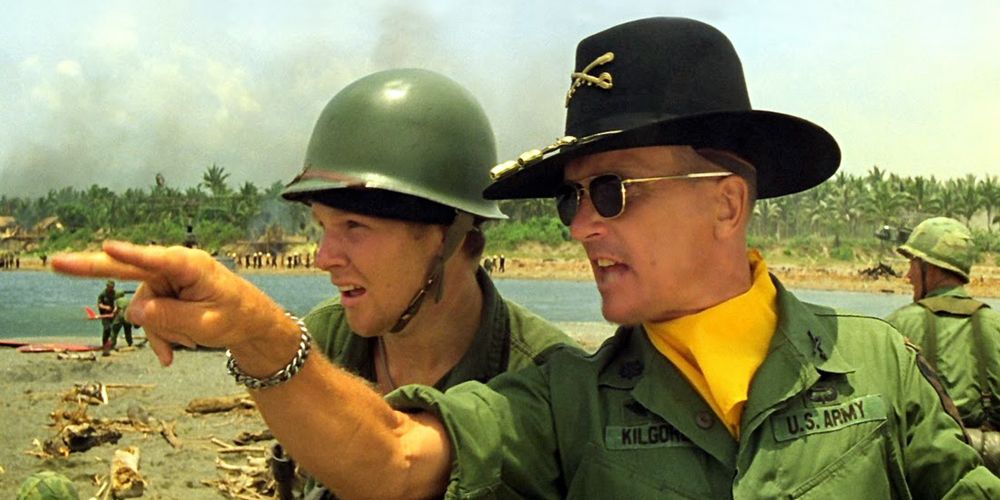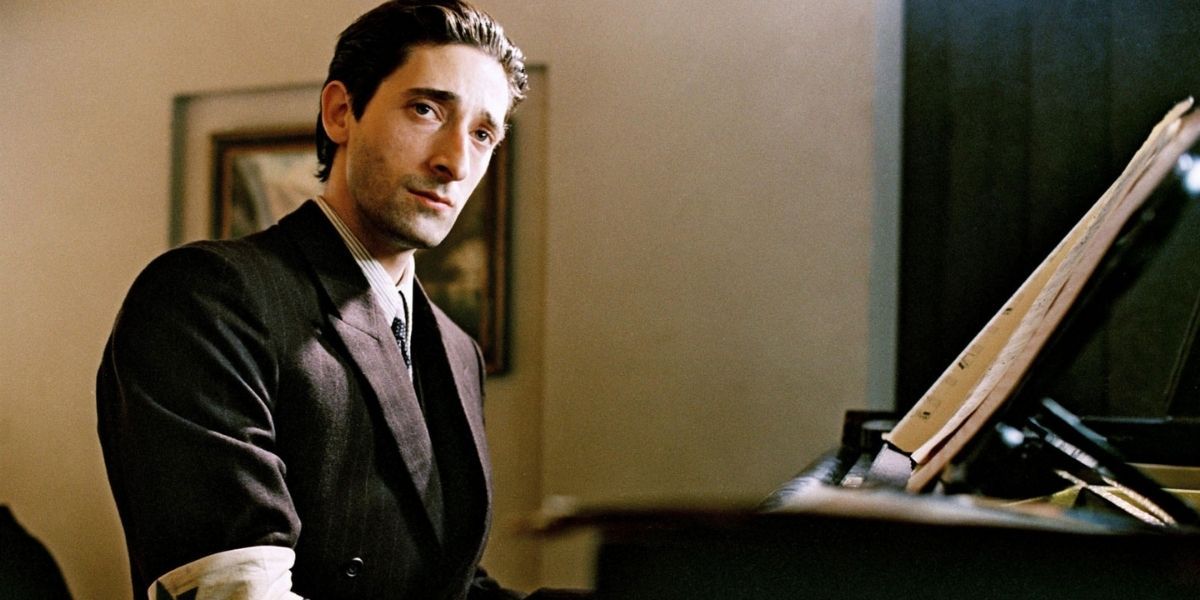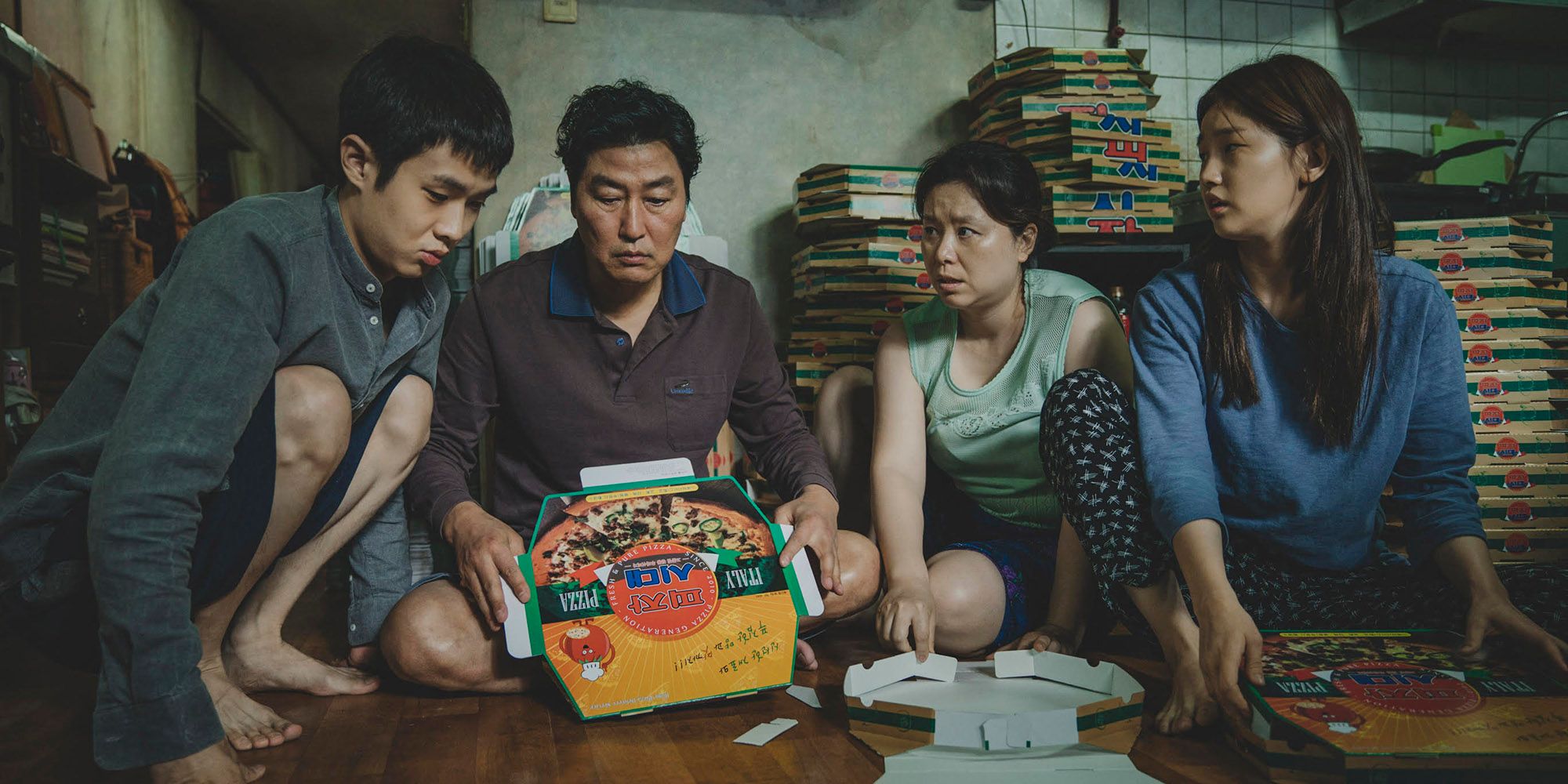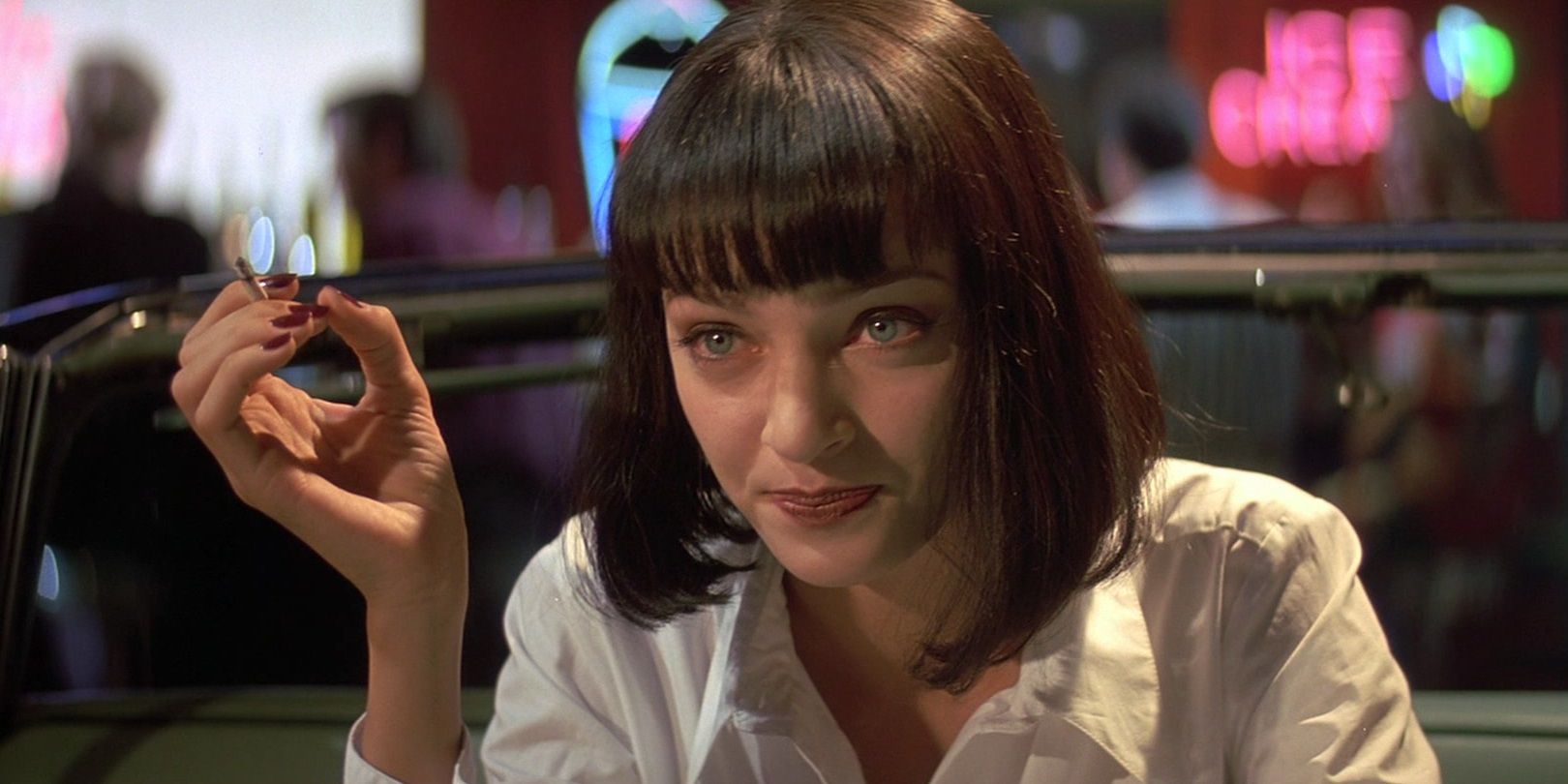The Palme d'Or, which is awarded at the Cannes Film Festival, is often considered to be the most coveted award in the movie industry, which is mostly because the festival has never lost sight of its original purpose. The Palme d'Or's purpose is to draw attention to and raise awareness of incredible films, regardless of their nationalities, and it continues to do so today.
The most recent winner was 2021's Titane, a body horror about a woman who has an unusual attraction to cars. But not every winner has such a strange premise or is as polarizing. Many of them have become the most celebrated movies of all time, even by general audiences, and they probably wouldn't have received the exposure they did if it wasn't for winning the coveted award.
La Dolce Vita (1960) - 8.0
It comes as a surprise that Federico Fellini has only been the recipient of the Palme d'Or once. Though there have only been two directors who have ever won the award more than once, Fellini's movies are so perfectly fitting with what the juries of Cannes loved back then.
However, La Dolce Vita is still one of Fellini's best movies, as it follows a typically Fellini-esque hedonistic reporter who falls in love with a movie star. It's a perfect mix of comedy and drama, and it continues Fellini's well-documented love-hate relationship with the film industry and movie making, just as his magnum opus 8½ did three years later.
Viridiana (1961) - 8.1
Viridiana is about a woman who is preparing to become a nun until she is sent to visit her uncle, who becomes determined to seduce her. The movie is one of the greatest examples of the Cannes Film Festival juries being way more ahead of the curve than others when it comes to cinema.
Though it won the Palme d'Or in 1961, the movie wasn't as loved outside of the festival circuit. The reception wasn't so positive and because of the religious subject matter, according to Criterion, the Spanish government attempted to have the movie banned and it wasn't available in Italy until the 1970s. But now, Viridiana is regarded as a classic.
The Road (1982) - 8.1
Just like Viridiana, The Road was banned in certain territories due to its subject matter. The film was banned in Turkey until 1999, as it depicts the aftermath of the 1980 Turkish coup d'etat, which was the third Turkish rebellion against the government. In the aftermath, 50 people were executed and 500,000 were put in jail for years.
But as great as the film is, it's the story behind the movie that elevates it and possibly even helped it win the Palme d'Or. According to The Daily Telegraph, as Yilmaz Guney was incarcerated at the time, he broke out of prison to direct the movie himself.
Paris, Texas (1984) - 8.1
American directors have made plenty of compelling movies about America and what the country stands for, but sometimes a place is made more interesting when told about by an outsider. Paris, Texas is a movie about America as told by German filmmaker Wim Wenders, and the landscape is used metaphorically just as much as it is for its photogenic vistas.
The movie is about a man who wanders around Texas almost aimlessly and with a desolate state of mind. But he then tries to reunite with his brother and son, whom he hasn't seen for years. Though it has a bunch of accolades to its name, including the Palme d'Or, Paris, Texas is one of the most overlooked road trip movies ever made.
The Cranes Are Flying (1957) - 8.3
One of the ways to win the hearts of the Cannes jury is to make an anti-war film, as Apocalypse Now and The Pianist are just a couple of so many anti-war dramas that have won the coveted award. But one of the first to do so was The Cranes Are Flying, a Soviet movie set during World War II.
The movie portrays the mental damage that was done to the psyche of the public. It's a great showcase of Soviet culture, language, and history at the time, as well as being utterly captivating.
Taxi Driver (1976) - 8.2
If there's one thing the juries of the Cannes Film Festival love, it's a protagonist who doesn't quite have their moral compass in check. Taxi Driver is the greatest example of that, as the movie is about a vigilante who takes his own loneliness and isolation out on the criminals that surround him.
With the scores of movies glamorizing New York, Taxi Driver does the opposite, as it's a portrait of alienation and the decidedly unglamorous violence in the film is almost anti-Hollywood. And along with the terrific original jazz score, that's all part of why Taxi Driver still holds up today.
Apocalypse Now (1979) - 8.4
When being interviewed for the making-of documentary Hearts of Darkness, Francis Ford Coppola revealed that he truly believed he was going to win a Nobel Prize while he was shooting Apocalypse Now. And while that wasn't quite the case, the anti-war movie was still the recipient of a ton of accolades, including the Palme d'Or.
No film details the atrocities of war better than Apocalypse Now. It has some of the greatest-ever performances from Marlon Brando and Martin Sheen, and the film still looks stunning today. Coppola's 1979 movie is a masterpiece and one of the best psychological war movies — even if it wasn't awarded a Nobel Prize.
The Pianist (2002) - 8.5
The Pianist follows a Polish Jewish man who survives the holocaust, and it's one of the most interesting and unique movies about the time period because it isn't about a hero or a warrior. Instead, the titular classical musician gets by on pure luck and help from non-Jews who gave him a place to stay.
What the movie does so well is that it tells the real-life story as honestly as it possibly can, as it doesn't once heighten the suspense or overly dramatize any of the events to be too sentimental. Any emotion found in the movie is completely raw, and if any film festival appreciates raw emotion more than any other, it's Cannes.
Parasite (2019) - 8.6
Parasite is one of the rare foreign movies that managed to make a huge splash in the U.S., as it became such a surprise box office hit. According to Box Office Mojo, the movie made over $260 million worldwide, and it was the first-ever foreign film to win the Academy Award for Best Picture, but long before that happened, it won the Palme d'Or.
Again proving that the festival has its finger on the pulse, Cannes was the first to sing Parasite's praises. The thriller about class struggle spoke to so many people as well as being an entertaining, watch-through-your-fingers, wild ride. It has become somewhat of a current trend for movies about the class struggle to win the coveted award, as Shoplifters won it before Parasite, and I, Daniel Blake won it before that.
Pulp Fiction (1994) - 8.9
The Cannes Film Festival almost works in a reverse way to the Academy Awards. Just as the Oscars very rarely nominate foreign movies for Best Picture, Cannes rarely awards the Palme d'Or to American films. However, Pulp Fiction is one of the biggest exceptions, as not only is it American, but it features some of the biggest Hollywood movie stars of the time.
But as foreign films were such a big influence on the 1994 film, the jury couldn't resist the movie's charm. And though Pulp Fiction didn't invent the techniques, it popularized foreign movie tendencies in Hollywood, such as multi-stranded and non-linear narratives, leading to so many Pulp Fiction knock-offs.

